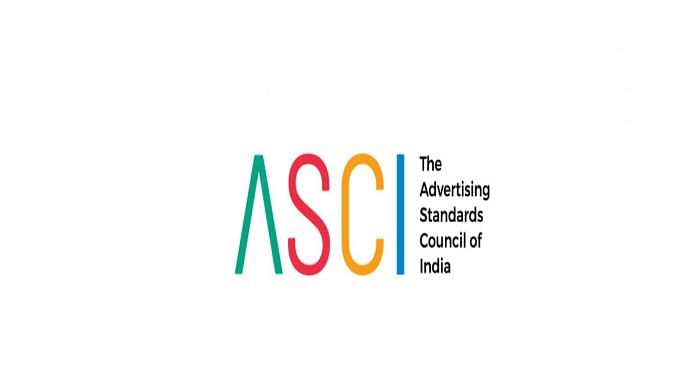New Delhi: The Advertising Standards Council of India (ASCI) Thursday issued new comprehensive guidelines to counter misleading ‘dark patterns’ in online advertising, days after the self-regulatory body and the central government consulted industry stakeholders in this regard.
According to a statement issued Thursday, ASCI said it would also form a larger task force with the Department of Consumer Affairs (DoCA) to fight these ‘dark patterns’ — unethical online advertising techniques adopted by companies to convince consumers into purchasing products or services.
Guidelines issued by the ASCI, which will come into effect on 1 September, are broadly designed to address four online advertising techniques, namely drip pricing, bait and switch, false urgency, and disguised ads.
These guidelines draw inspiration from comments received on a discussion paper the ASCI released in November 2022 titled ‘Dark Patterns – The New Threat to Consumer Protection’, which was kept open for two months and later discussed with a multi-stakeholder task force, read the statement.
Manisha Kapoor, the CEO and secretary general of ASCI, said these guidelines will play a “crucial role in fostering a more ethical and trustworthy advertising ecosystem and protecting consumer trust”.
“These guidelines will require businesses to create communication and systems that respect user autonomy, improve transparency, and encourage well-informed choices,” Kapoor added.
Officials of the Department of Consumer Affairs (DoCA) and office-bearers of the ASCI held a consultative meeting on 13 June to explore self-regulatory frameworks to curb ‘dark patterns’ in Indian advertising.
Welcoming the new guidelines, DoCA secretary Rohit Kumar Singh termed deceptive online patterns a “violation of the Consumer Protection Act”.
“We look forward to working with ASCI and the industry to support a robust self-regulatory mechanism for the larger framework on online deceptive patterns,” he added.
Also Read: Zomato ‘Kachra’ ad not an exception. Casteist campaigners are serial offenders
‘Dark patterns’ in online advertising
The ASCI in its statement defined ‘drip pricing’ as a ‘practice in which elements of the costs are not revealed up front, and the total price is only revealed at the end of the buying process or after confirmation of purchase’.
“This creates ambiguity around the final price as well as prevents easy cost comparisons,” the self-regulatory body said, adding that incomplete price representations upfront would be “considered misleading”.
Further, ASCI said the guidelines would require companies to include all “non-optional taxes, duties, fees and charges that apply to all buyers” in the prices quoted in their advertisements and on e-commerce marketplaces.
The guidelines also say that companies must refrain from bait and switch tactics, which ASCI defined as an ad or an element in an ad directly or indirectly implying one outcome but instead serving up another.
Creating a false sense of urgency, meanwhile, refers to the phenomenon when companies state or imply that quantities of a product or service are more limited than they actually are. “In case of a complaint, the advertiser would be required to demonstrate that the stock position at the time of the appearance of the limited quantity message was of a level where the urgency communicated could not be considered misleading,” ASCI said.
On disguised ads, the body specified that an advertisement resembling “editorial or organic content must clearly disclose that it is an ad”. For instance, posts by influencers, paid reviews, and ads placed in a manner so as to resemble editorial content.
(Edited by Amrtansh Arora)
Also Read: Ed-tech ads draw most complaints, are ‘misleading’, says watchdog report



